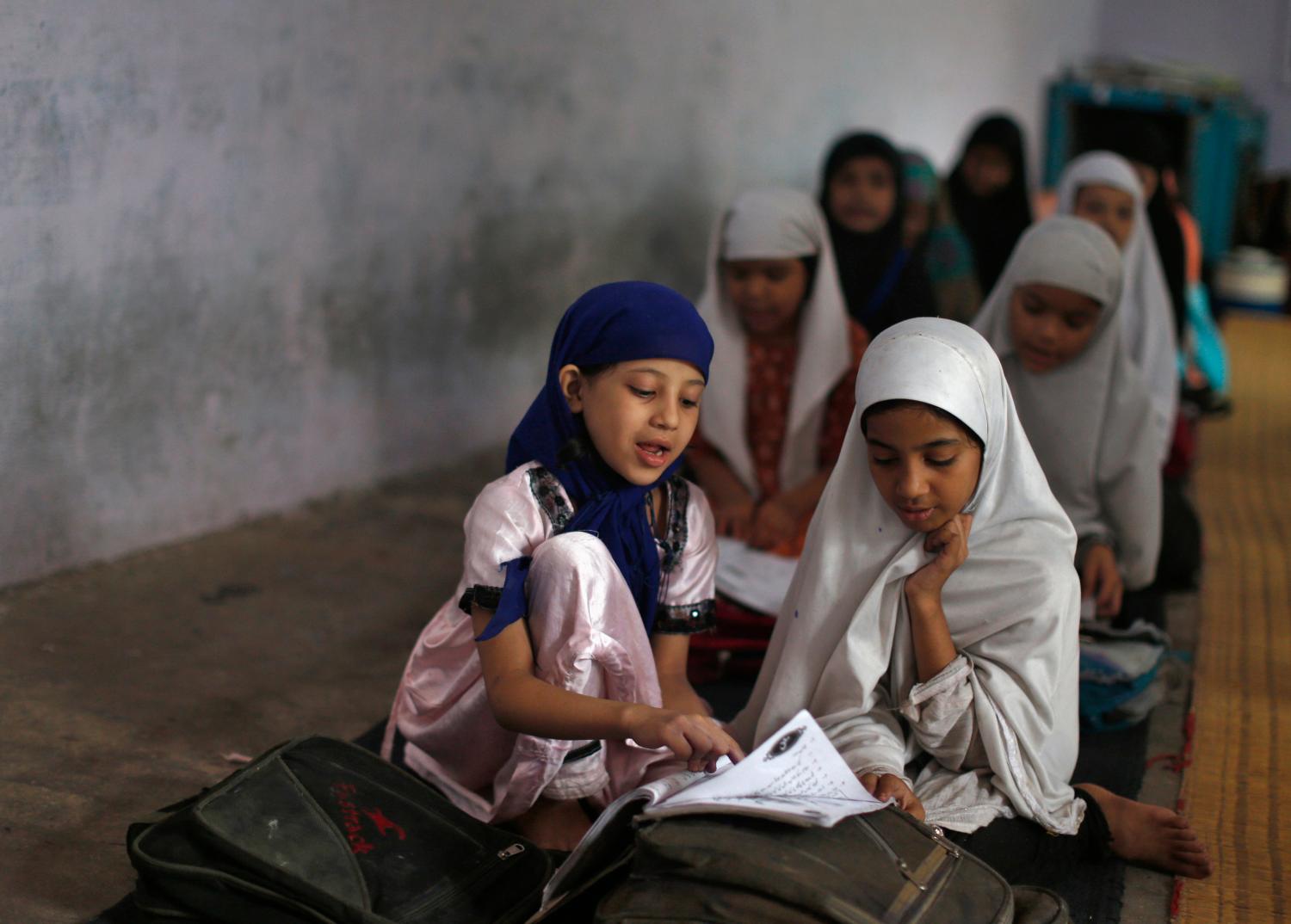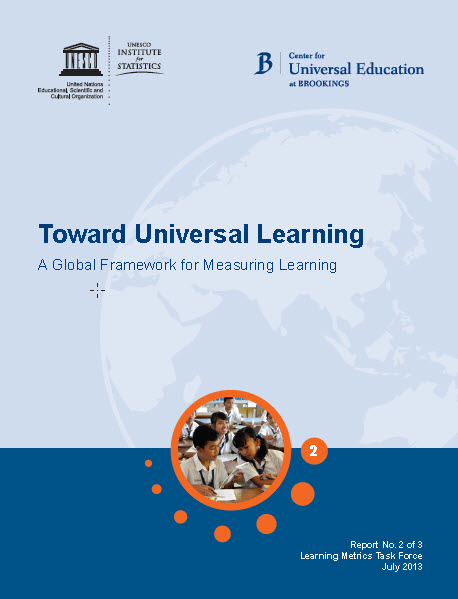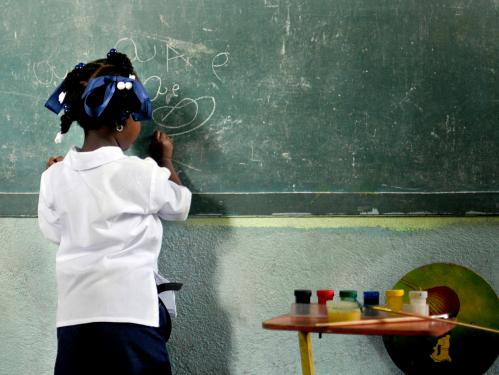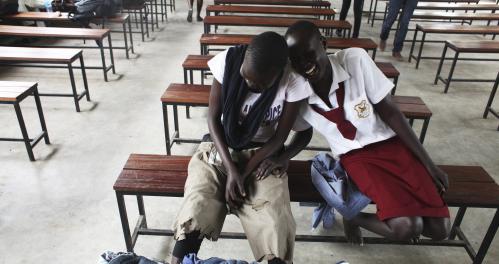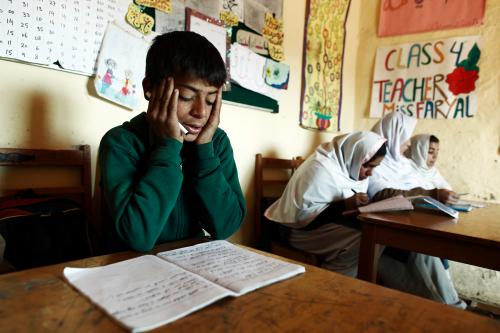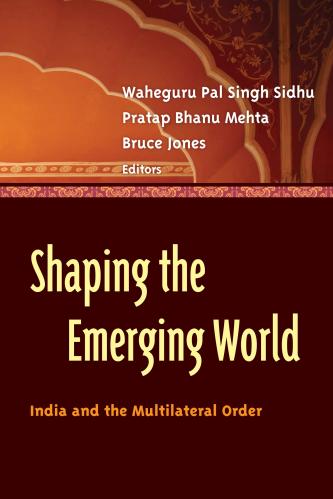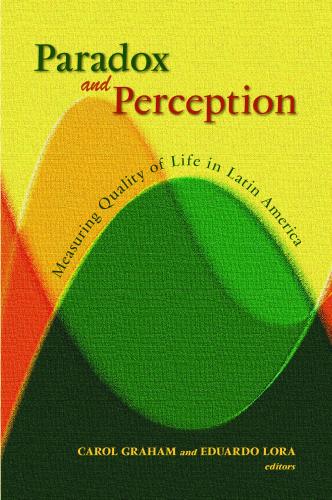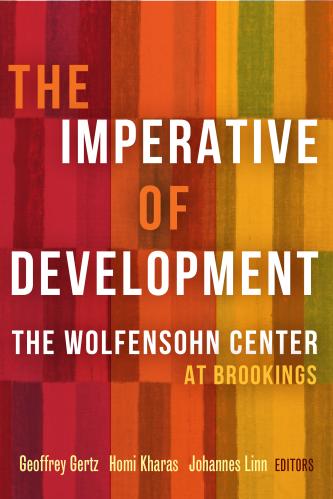In the run-up to 2015 and beyond, the global education community must work together to improve learning and propose practical actions to deliver and measure progress. In response, UNESCO through its Institute for Statistics (UIS) and the Center for Universal Education (CUE) at the Brookings Institution have co-convened the Learning Metrics Task Force (LMTF). The project’s main objective is to shift the focus of global education debates from access to access plus learning. Based on input from technical working groups and global consultations, the task force will make recommendations to help countries and international organizations measure and improve learning outcomes for children and youth worldwide.
Drawing on the framework set forth in Phase I, the task force considered approaches for measuring learning in all seven domains and at each of the three stages of learning (early childhood, primary and lower secondary). Based on the technical recommendations from the Measures and Methods Working Group and input from global consultation, the task force decided on six areas of measurement for tracking at the global level while also recommending strategies to improve assessment of progress toward national educational goals. The task force utilized feedback from over 600 individuals in 57 countries to identify areas of measurement that are both feasible and desirable for tracking to fill the global data gap on learning.
The final Phase II recommendations from the task force are presented in its second report entitled, Toward Universal Learning: A Global Framework for Measuring Learning, which outlines a global vision for how learning should be measured around the world. Measuring learning outcomes is a crucial step in ensuring that every child, everywhere, is able to realize their right to good-quality education and become a productive global citizen.
The Brookings Institution is committed to quality, independence, and impact.
We are supported by a diverse array of funders. In line with our values and policies, each Brookings publication represents the sole views of its author(s).
